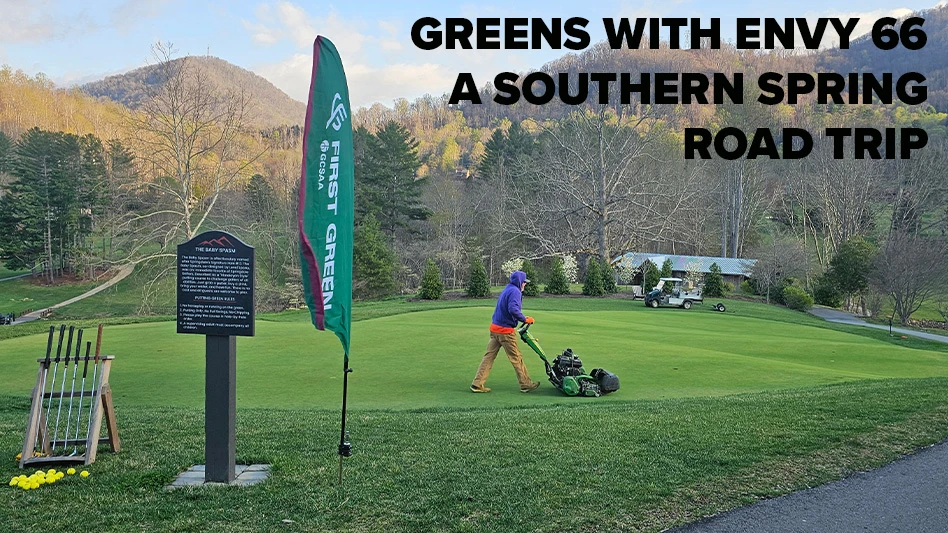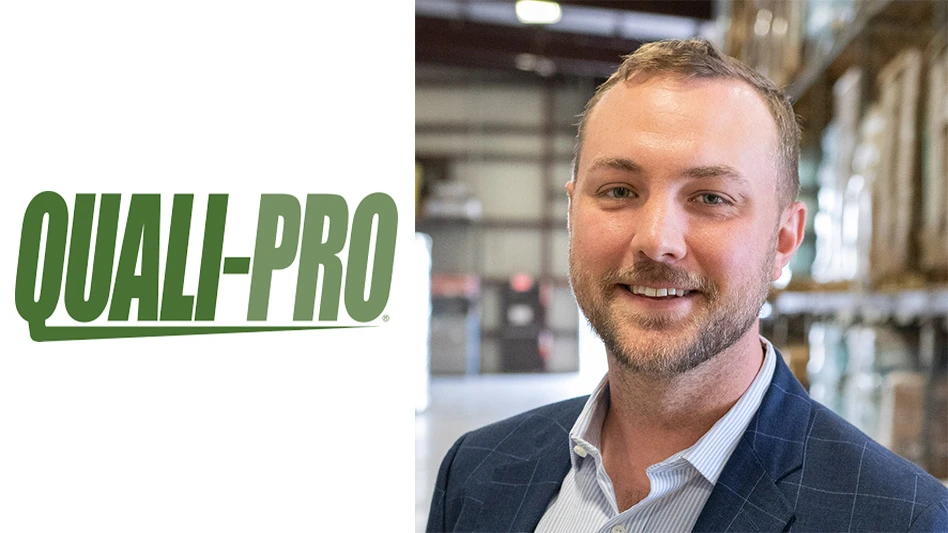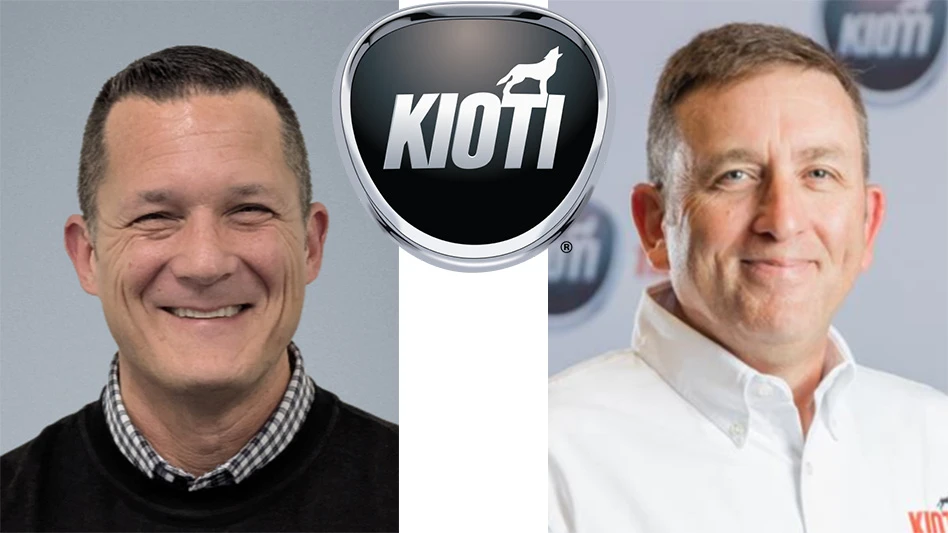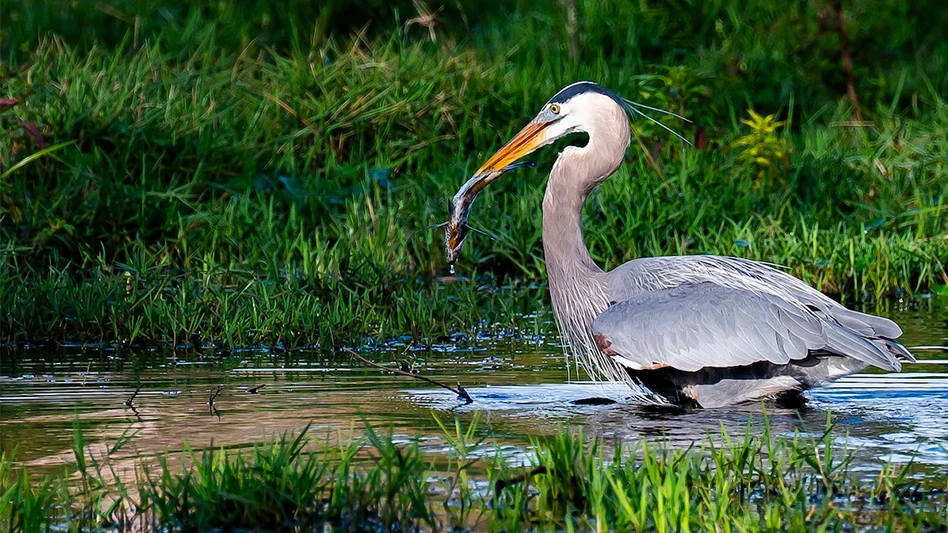
Nestled tightly in northern Cook County, Illinois, less than a 20-minute drive north of O’Hare International Airport, a par-3 short course keeps its lights on until midnight. Golf Center Des Plaines is the only fully-lit course in Chicagoland and over its life that policy has played to its advantage. While other courses open and close shop with the sun, the course isn’t limited by daylight, nor does it want to be.
Chicagoland is not an easy market to break into for a short course. Chicago’s metropolitan area is the third-largest in the United States, but it has the largest public golf market in the country, larger than either New York or Los Angeles. Golf Center Des Plaines has found its niche inside the jungle of the Chicago market by offering a par-3 experience available to players who work a traditional 9-to-5 job.
Golf Center Des Plaines opened in 1998 as a privately-owned course before being acquired by the Des Plaines Park District in September 2000. Designed by Rick Jacobson, the short course works with bentgrass greens, along with blue ryegrass on the tee boxes and fairways. The course works with the limited space it has, nuzzled between the Des Plaines River to its south and east, and U.S. Route 45 to its west. Despite its small size, business for Des Plaines has been booming over the last several years.
Brian Panek has been the superintendent of revenue facilities for Golf Center Des Plaines since January 2011. When he was hired, the United States was just beginning to climb out of the Great Recession and golf was in its worst stretch of business in decades. Des Plaines was no exception. Money was tight and the course needed a change to pull in customers like it had when it first opened.
“In 2011 when I took over, we had an automatic driving range that was open 364 days a year,” Panek says. “We were one of the few that are automated around here, but we’re not alone anymore. When it was built it was one of a kind, but as time goes on, we’re not alone. The course itself is very unique. It’s the only place like it so we spent a lot more time advertising and marketing the course, and night golf in particular, because it is unique.”
In order to play the market to his advantage, Panek decided to highlight the biggest draw he saw Des Plaines had to offer — price and long hours of operation. Compared to many clubs along Lake Michigan, a round at Des Plaines is cheap. Even its most expensive rate, $21 for nine holes after 6 p.m., is well below the private clubs and other public courses in the area. The price for a round at Des Plaines only increases after 6 p.m., and even then, it’s comparable to other par-3 courses.
The hours helped expand business. Des Plaines’ fully-lit course gives it the quirk of being able to stay open long into the night during the summer. When most courses close by sundown, Des Plaines is still filled with night owl golfers until midnight. The evening and night are the busiest hours of operation year-round. The winters and early springtime will crowd the course from 5 p.m. to 10 p.m., while summer picks up in the late evenings as the days stretch longer.
Panek wants Des Plaines to be a course where players can get in and out as easily as possible. He knows that many avid golfers simply can’t make time for the game due to work and family obligations. But thanks to extended hours, casual golfers who work a first-shift job can still fit in a round during the week. The course’s website boasts that it can be played in an hour and a half.
“It’s a place where people who can’t take off during the day with their busy life can still get a round of golf in and not have to take up a Saturday or Sunday away from their family or take a day off of work during the week,” Panek says. “They’re able to still play around a full day of work and golf a round in two hours in a unique atmosphere.”

Panek has a family of his own and he prefers how Des Plaines operates compared to other courses. He likes being able to carve out a few hours at the end of his workday instead of taking time away from family weekends to book a tee time. “I try not to golf on weekends,” he says. “I want to spend time with family, so one night is a lot easier than taking five or six hours a day out of your weekend to go golfing.”
Although the affordable price and long hours have given Des Plaines its own slot in the Chicagoland golf market, Panek has still been forced to wrestle with environmental factors. Aside from the Des Plaines River, there is a small creek that runs near the course. When the rainy season hits, the course is prone to flooding. Combine a flood patch, summer heat and lights shining well into the late night, and the course became a breeding ground for mosquitoes and other bugs.
Panek knew that in order to draw more customers the bugs needed to be taken care of. He began working with a local pest control company to spray. The first session was free. The sessions now run $4,800 per year. To Panek, the cost has paid back in droves.
“It was unbearable to play a round and so we worked with a local company,” Panek says. “They were confident that they could take care of them or at least knock it down a lot out here … We haven’t gone back. Our facility is sprayed every three weeks, which has more than paid for itself. Now people don’t have to worry about it and they can enjoy a round of golf at night without getting eaten alive.”
Des Plaines has become more successful than ever. In 2020, the course hosted 27,000 rounds of golf — and an estimated 13 million golf balls were hit on the driving range. Panek says the course recently finished its first television commercial, which will likely help to reach out to more customers around Chicagoland and beyond. The ease of access to players, combined with the low cost and short rounds have played into Des Plaines’ hands. All that’s left is to let the players come to them.

Explore the July 2021 Issue
Check out more from this issue and find your next story to read.
Latest from Golf Course Industry
- From the publisher’s pen: Technology diffusion and turf
- Applications open for 2025 Syngenta Business Institute
- Smart Greens Episode 1: Welcome to the digital agronomy era
- PBI-Gordon promotes Jeff Marvin
- USGA investing $1 million into Western Pennsylvania public golf
- KemperSports taps new strategy EVP
- Audubon International marks Earth Day in growth mode
- Editor’s notebook: Do your part





